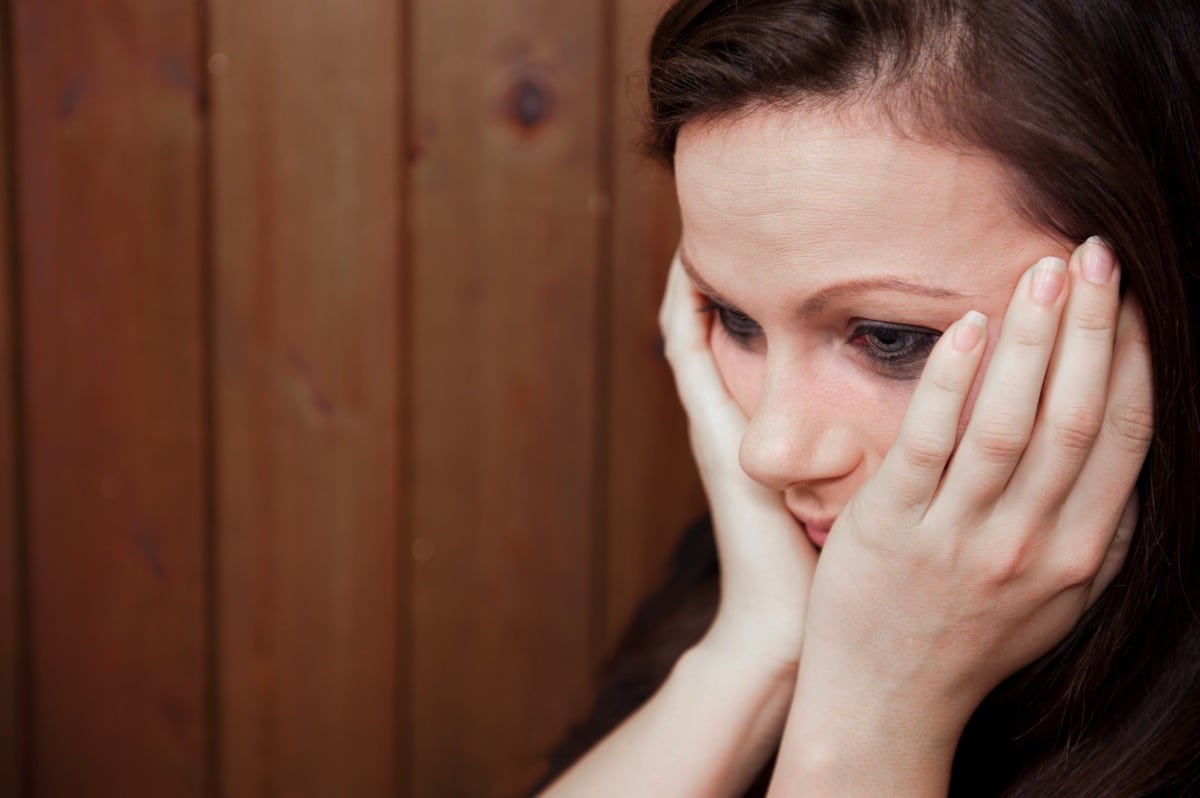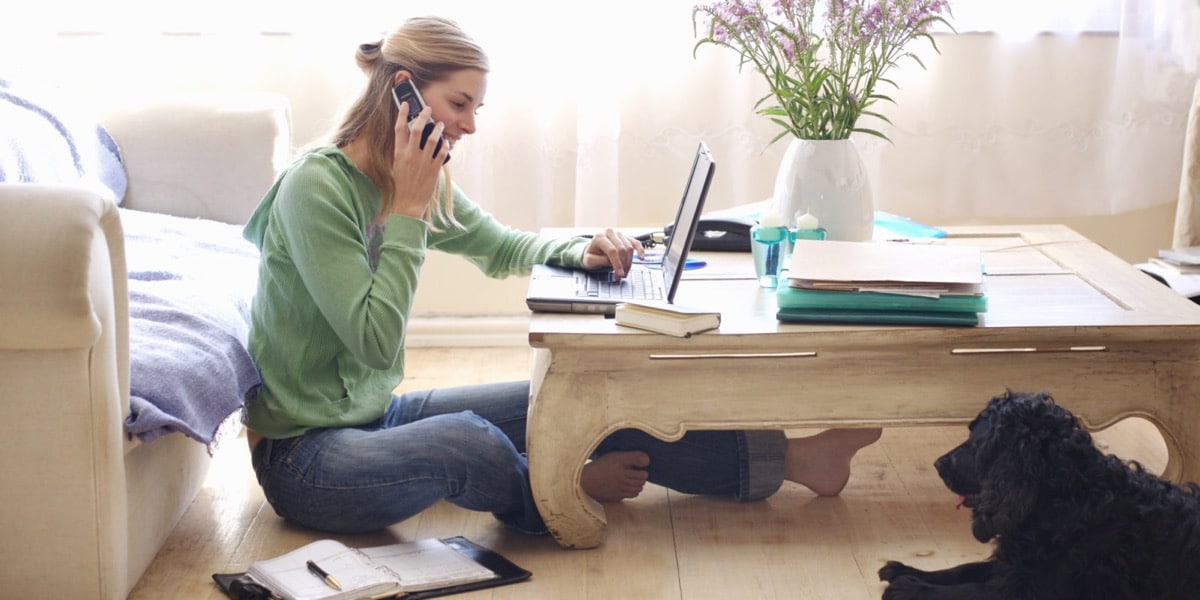
People who suspect they may have been in contact with the coronavirus are advised to self-isolate (stay home) for 14 days. For some people, the idea of self-isolation may seem like a dream come true. For others, The idea of being isolated from the outside world, alone or with only a few close relatives, will fill them with dread: Ask any parent who has had to entertain two young children at home on a rainy afternoon ...
Now those parents have to invent whole days and afternoons, one after another as if they were rainy afternoons, because they can't leave the house. It can be very difficult for parents, but they absolutely need to stay calm.
When people are trapped inside their homes for long periods of time, they can feel like they are "going crazy." Observations of real or simulated space missions or of people living in confined spaces, such as those spending a winter in polar seasons, also suggest that some people may find self-isolation more difficult than others. However, There are some simple steps you can take to resist Coronavirus lockdown.
Improve your immune system
The effects of loneliness can wreak havoc. When people lack social connections, they are more likely to suffer from physical health problems. For example, older adults who cannot leave their homes due to mobility problems are more susceptible to illnesses, such as heart disease. People can see that their immune system is weakened by the lack of sunlight.

The good news is that The period of self-isolation required for the coronavirus should not result in any marked change in the way your immune system works. But during self-isolation, it may be a good idea to try to improve your immune response. Exercise and getting enough vitamins can help boost your immune system (but they won't cure you of the conditions). Psychologists also believe that listening to upbeat music or watching a movie can also improve immune function.
Structure your day
For some people, self-isolation can still lead to some mild mental health problems. Long-term isolation and confinement are known to people who have spent a winter in a polar research station to be associated with psychological problems. Crews during the winter, more than 60% confirm feeling depressed or anxious; and almost 50% felt more irritable and had problems with memory, sleep, and concentration.

Obviously, coronavirus self-isolation will not be as extreme or as long as for those exposed to an arctic winter, and thus the impact on mental well-being is much less extreme. But some people who self-isolate may have trouble sleeping (insomnia). feelings of restlessness or sadness, or beginning to feel unmotivated.
To combat these problems, it is important to maintain a structure for the day. Having a set schedule for meals and bedtime can help you stay in a better frame of mind. Plan activities and Setting goals can also help you stay motivated and avoid feeling depressed.

Maintain social contact
An obvious reason that isolated people may feel depressed or anxious is that they cannot turn to the support of friends and family to help them cope with the difficult situation and share their concerns. Studies also suggest that without such social support, people may turn to less positive coping strategies, such as drinking more alcohol or smoking more.
Therefore, during self-isolation, you must keep in touch with your social network. This can be as simple as calling a friend for a chat, emailing someone, or joining a discussion on social media. Communicating with a friend has been shown to be better for your mental health than having a glass or two of wine in an attempt to block out your worries.
Avoid conflicts
In some cases, people will isolate themselves with a small group of people, whether they are family or friends. This can limit loneliness, but could present other challenges, namely the possibility of arguments. Even those we love very much can make us nervous when we are trapped inside them long enough.
This can be improved with daily exercise, with just 20 minutes of exercises a day you can improve your mood by releasing endorphins, as well as reducing the feeling of tension.
Another strategy to reduce conflict is to have some time for each other. If you start to feel like a situation is likely to escalate, it's a good idea to take at least a 15-minute wait time. Sit in separate rooms and let everyone calm down. Usually after 15 minutes, the reason for the conflict doesn't seem that important.
Get help quickly
If confinement has locked you up with your abuser and you think you are in danger, you are not alone (or alone). Seek help, call 016 and explain your situation. If you have a place to go, leave asap. If the authorities stop you on the way, explain your situation and that you are doing it because you are afraid, especially if you think that your life is in danger if you remain confined to a physical or emotional abuser.

In any case, if you feel that you are in danger, do not wait for everything to pass because your situation may get worse. You are not alone and you can ask for help from your loved ones, your relatives and even the police. Never normalize situations that you do not have to normalize at all since no one has the right to treat you badly. You deserve respect and dignity and if you do not have that next to your partner or the person next to you in your confinement, then that is not your place. Your site is a better place, where you are respected.
Finally, it is important to remember that if you feel that self-isolation is having a very negative impact on your mental health, you should seek professional advice.